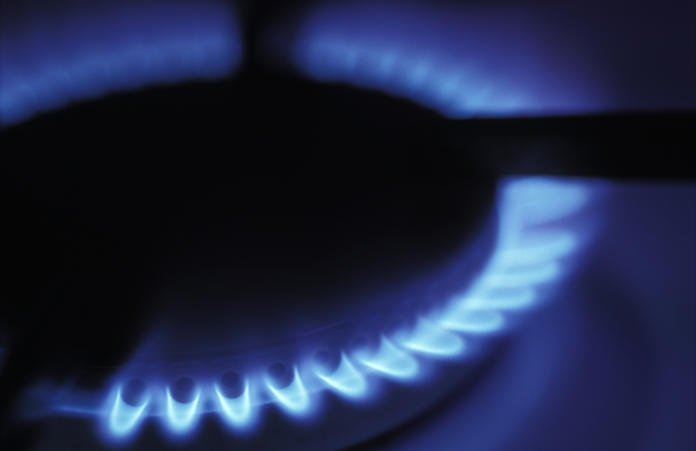THE South African economy is expected to grow by 0.9% and will hover around 1% over the next three years amid a persistent threat of load shedding. The country remains dependent on coal for electricity even though global demand for cleaner energy is on the rise — with natural gas and LNG (liquefied natural gas) both being strong alternative energy sources.
Global demand for gas grew 4.6% in 2018, its fastest growth spurt in a decade. The strong demand has been driven by China’s landmark shift in energy policy away from carbon-intensive coal.
“Natural gas is regarded as a transition energy source to renewables because its CO2 emissions are significantly lower than coal, which has an 82% higher carbon intensity,” says Prashaen Reddy, a principal at Kearney, a global management consulting firm.
Reddy says that demand for oil and coal is declining globally with companies like Shell and BP investing in gas assets, setting the tone for future developments.
These moves are taking place against a backdrop of concern about the effect of greenhouse gas emissions on global warming. In line with the Paris Agreement, countries and corporations are under pressure to curb their carbon emissions.
“The Carbon Tax introduced in South Africa last year uses the polluter-pays-principle to force corporations to factor environmental costs into their business decisions,” says Reddy.
Although shifting from coal to natural gas makes environmental and business sense considering the financial repercussions for big emitters, South Africa has yet to tap into the potential of gas for power generation.
The country’s lack of investment in critical electricity infrastructure means it does not have the capacity to convert gas to power for household consumption as yet. However, this will have to change because the tide is turning against coal and investors are reluctant to fund new coal-fired power plants.
“On the upside, Mozambique is poised to become a major exporter of natural gas and LNG thanks to a multi-billion-dollar project off the Rovuma Basin, which means there will be a potential supply options right on our doorstep,” Reddy points out.
“For South Africa to capitalise on its neighbour’s abundant gas reserves, we need investment in electricity and gas infrastructure through private sector participation as well as strong collaboration and corporation within the region,” he explains.
There are two options; either construct a pipeline to carry gas between the two countries or import LNG for ease of transport and storage.
“Although most of the country’s gas is for commercial rather than domestic power consumption, this could change with an increased investment in gas-to-power technology in the form of a Closed Cycle Gas Turbine (CCGT) or Closed Cycle Gas Engine (CCGE),” Reddy adds. But these projects could take between 5 to 8 years to complete.
Reddy says that South Africa’s Budget deficit of around R370 billion — amounting to 6.8% of GDP — means that Treasury does not have spending leeway for large infrastructure projects in the short term.
“If government expenditure is constrained by slow economic growth and rising debt levels, then it’s up to independent power producers and private investors to take the lead in kick-starting our gas sector,” he adds.
Reddy says that the energy regulator has an important role to play in facilitating investment, streamlining the licencing process, and monitoring compliance.
“On the other hand, the government must ensure policy certainty and should attract investors with tax incentives.”
“To move away from a reliance on coal, we need public-private cooperation and a collective shift in mindset about the role of gas in this transition going forward,” Reddy concludes.















